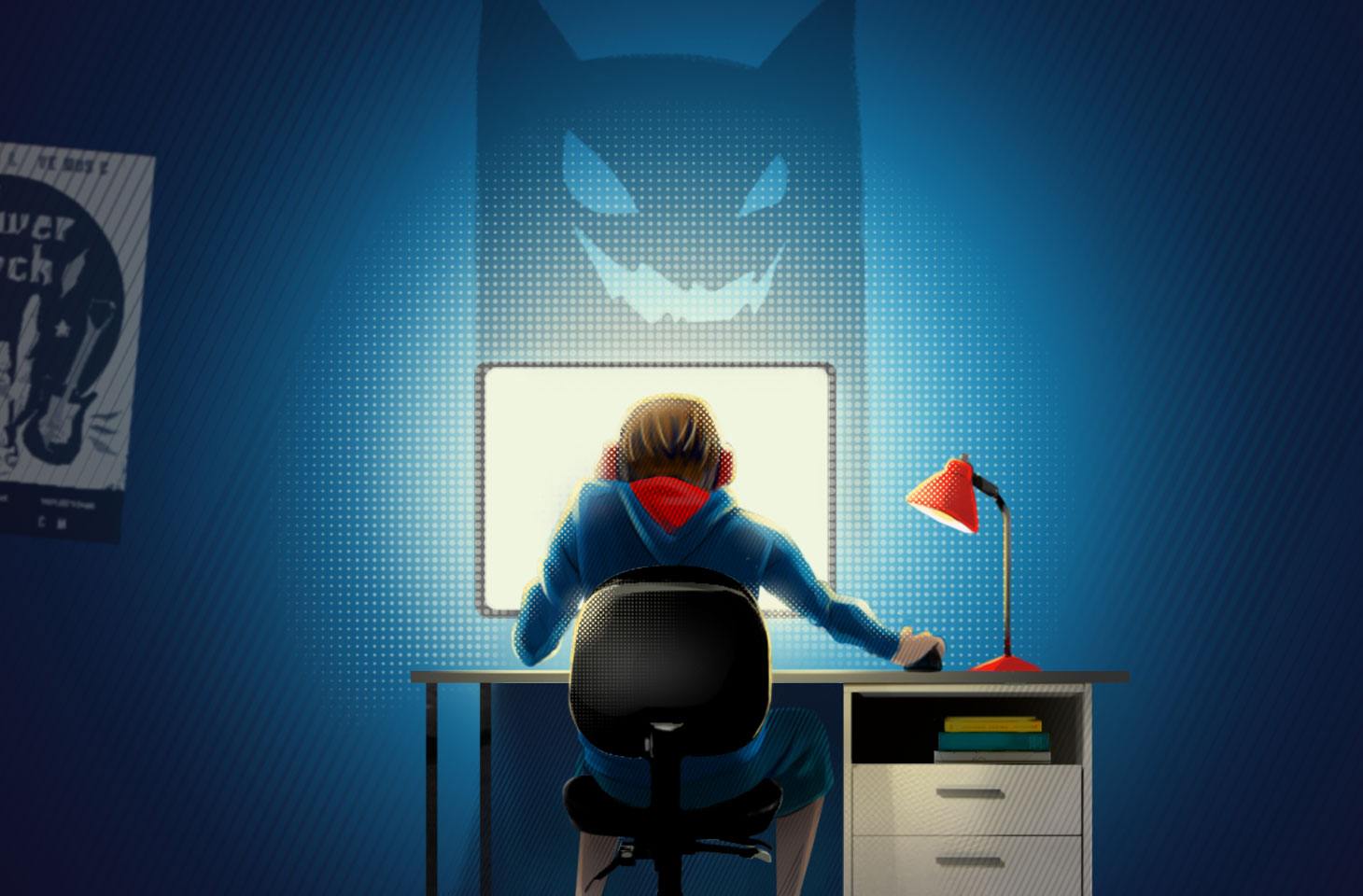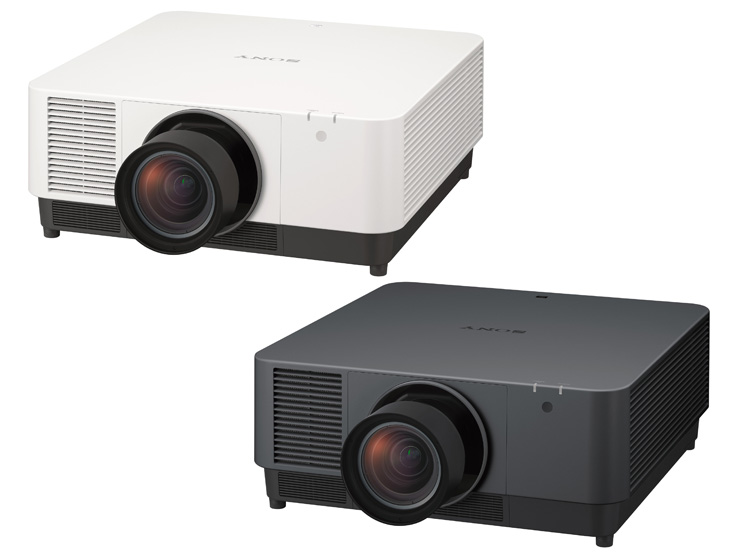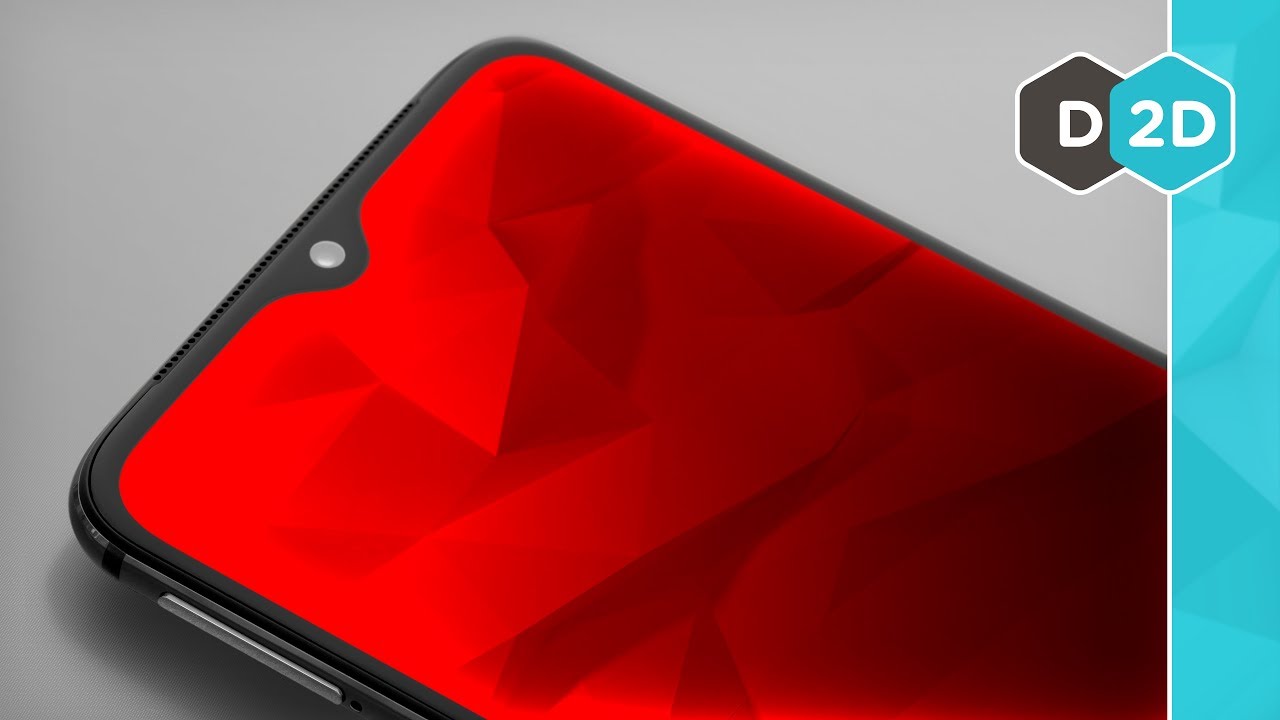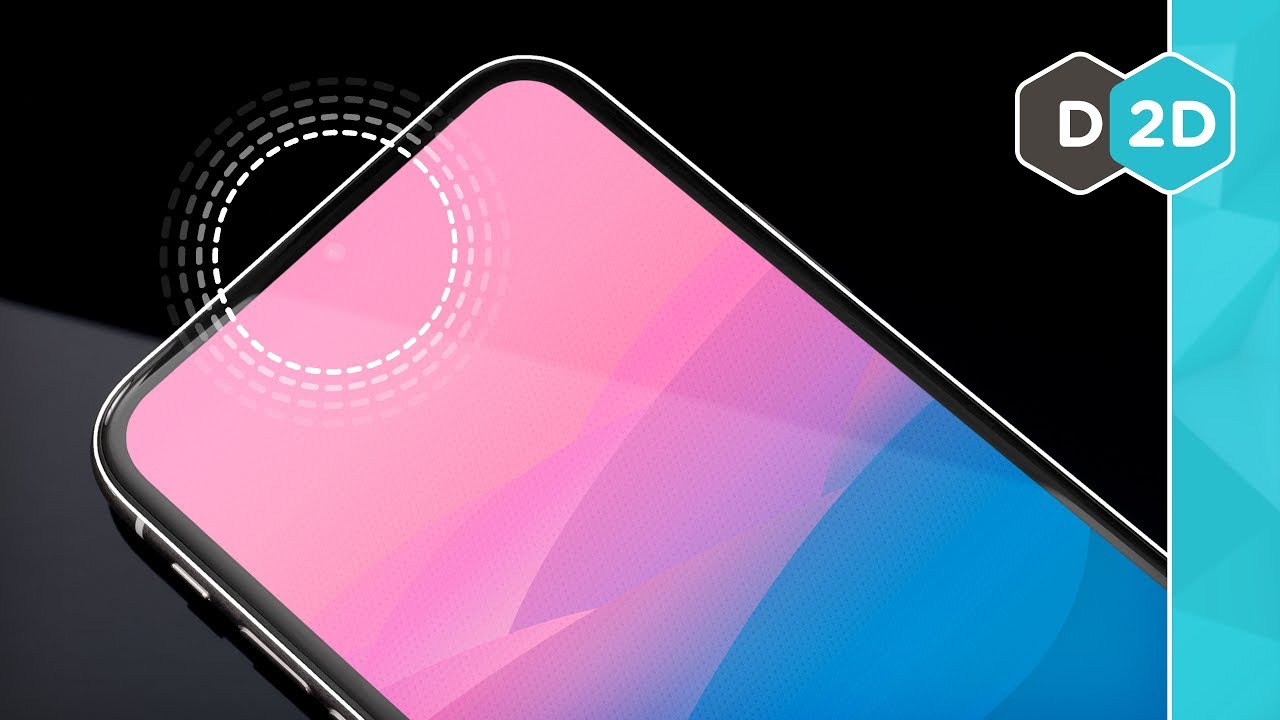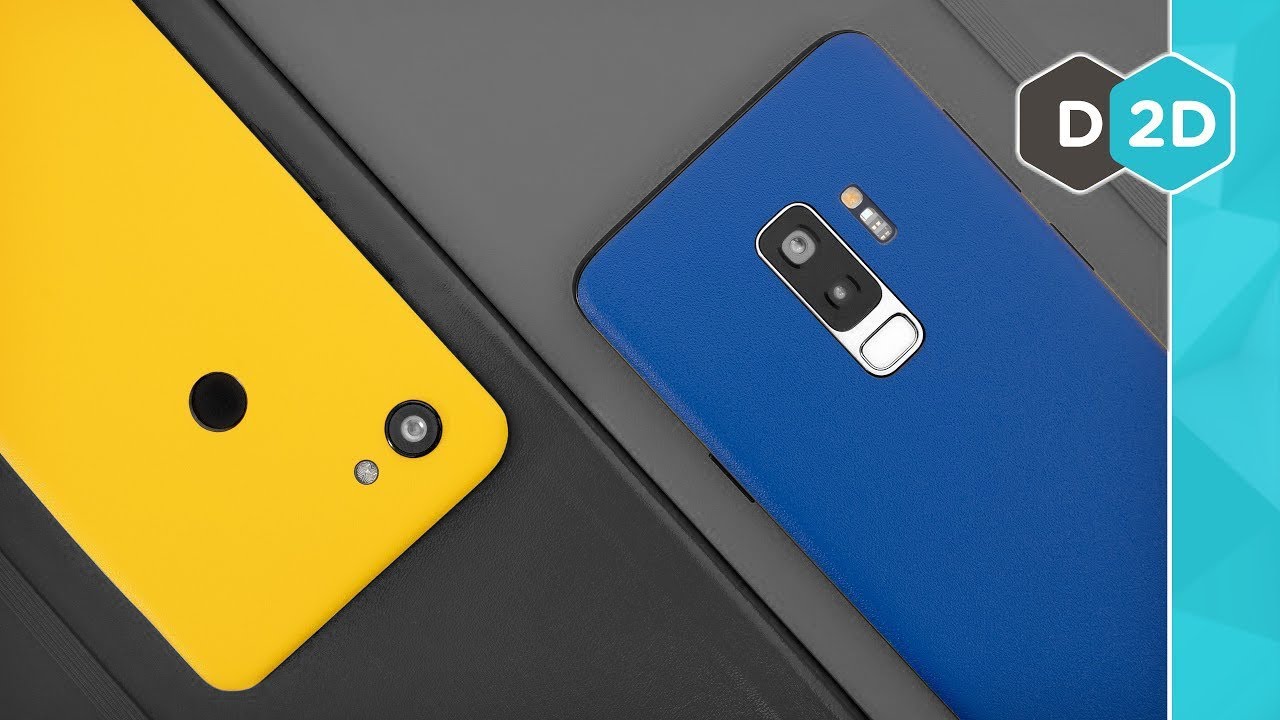
We live in an area that uses Green Bins for household waste. Our regular garbage is picked up every other week and the only weekly garbage collection is our green plastic bins, to be filled with leftover food products and other organic waste.
When the program first started, I was sure we could never change our ways, but before long, depositing bones and leftover food in the bin became automatic.
Why am I telling you this? Because using the computer will also become easy for you the more you try. Sure, the learning curve is steeper than remembering which container to use for which type of garbage, but the idea is the same. Every time you perform a function or solve a problem on your computer, it will be easier than the time before.
In 1966, Bill Gates wrote a book titled ‘The Road Ahead’. Gates said, “Computers frighten almost everyone (everyone but children), before they learn to use them. When people spend more time with computers, they understand them better. You can start by playing computer games or doing other simple things. Once you start using them, I think you’ll like them.”
Speaking from experience, once you start using computers, not only will you like them, you’ll wonder how you ever managed without one.
With the Internet, we can keep in touch with old friends and make new ones; play cards with someone on the other side of the world; have virtual experiences of flying an airplane, driving a car, even dissecting a toad. Pilots and doctors practice their work without worrying about accidents. And every school can have a wonderful library thanks to the Internet.
Gates saw then how much our world would change because of computers. Banking and shopping online, distance learning, the ability to telecommute and work from home – all of these grew as software became better and more powerful. Not only have the ways we work and relax changed, even the way we interact with other people has been altered thanks to the computer.
Gates talked about his own futuristic house. Anyone in the house wore an electronic pin that told the house who and where you were. When it got dark, the pin would turn on lights nearby and turn them off when you went away. Music would play near you and the phone ring nearby only if the call was for you. A home control console activated choices of lighting, music, and temperature. That was in 1996, so who knows what his home is like now!
The book ended with a cartoon showing a mutt using a computer and saying “On the Internet, nobody knows you’re a dog.” How true – on the Internet, we are all on equal ground. I like that idea, don’t you?
Carol Bremner

